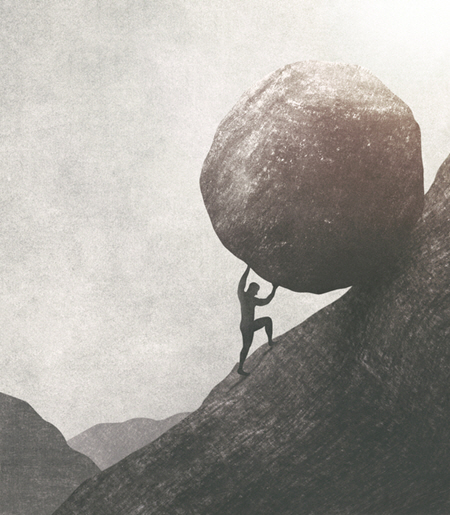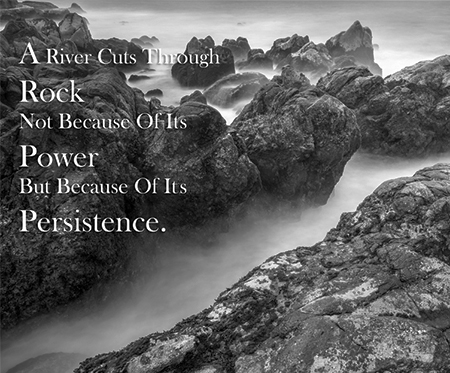 Change requires having the right focus.
Change requires having the right focus.
Why do I focus on habits? I guess they carry the most bang for your buck (in my experience) to make lasting and sustainable change.
I am a very esoteric abstract thinker. A lot of the time, that’s great, although I have also found through much suffering and trial and error that overanalyzing and overthinking is not always the path to happiness.
When I focus on theory, my mind almost always has an opportunity to trick me into not changing. In contrast, when I focus on changing my behavior by just one percent each day, I am amazed at the accelerated pace of my growth. And that’s what I want for you as well.
Theory alone doesn’t create change.
I used to read everything from a brilliant philosopher and friend (or at least we had lunch together once) named Charles Eisenstein. I was absolutely an Eisensteinian, and in some ways, I still am.
Eisenstein’s theory was that we were all at war against the self, and we needed to trust pleasure and listen to pain. Then, we would be in harmony with our true nature and, as a species, would no longer need to be at war with Mother Nature.
Eisenstein’s theory is elegant, and I still believe in it in many ways. But Eisenstein’s theory was just that. A theory. A theory that allowed me to justify drinking, sexual acting out, over-eating, over smoking, etc.
I thought I was “ending the war against myself,” but in reality, I was utterly lacking boundaries with myself.
 This type of thinking is not unique.
This type of thinking is not unique.
I have seen these sorts of complex justifications from spiritual seekers, intellectuals, and run-of-the-mill procrastinators alike.
As humans, we tend to think our way to the right behaviors instead of behaving our way into right thinking. There is nothing wrong with thinking, theories, or having the right spiritual/intellectual/emotional architecture. It just needs to be coupled with habit change.
Incremental change leads to significant change.
I prefer the athlete’s approach to the professors when making real, lasting change.
Recently, I heard a description of a basketball player whose coach said he was years away from having a good jump shot. Yet, this player came to the gym before everyone and left after every one to get one percent better each day. By his second year, he was a borderline All-Star.
That player didn’t leave it up to his mind. He went for muscle memory and behavioral change, and he knew that the more abstract stuff, like visualization and faith in himself, would follow.
In the same way, I will help you make big changes within yourself, taking a one percent at a time approach that focuses on “muscle memory” above all else.
 Change takes work.
Change takes work.
When I knew I had more creativity in me than I was expressing, I did the artist’s way, which meant I had to write three pages of brain drain each morning and take myself on an artist’s date once a week. A year later, my play was sold out every night.
When I struggled in my relationship, we went to couples counseling and learned the imago technique for better communication. A year later, we were happily married and had better (and less insecure) sex than ever.
When my dad was dying and I was drinking to deal with my feelings, I asked for help and received it. A year later, I sang to my dad while he died.
These are all examples of how I insisted on change because I needed it. I couldn’t wait for theories. Too much was at stake. I want the same thing for you.
Talking and thinking about change doesn’t lead to change.
Too often, people get bogged down with perfectionism and procrastination. These two things are like soul sicknesses. The all-too-common beliefs that we should “do things perfectly or not at all,” that we must “get in shape before we ask for help from a trainer,” or that we “must have a perfect vision before we leap into career change” are toxic. These ways of thinking can stop change in its tracks.
The thinking that says that we must clean before the cleaning lady comes or write a full outline before we start our novel is b.s. The only thing that kind of thinking does is create resistance to change. As someone who has experienced feeling stuck in their head, I know how painful it is, and I believe I can help you take the athlete’s approach instead.
Don’t moralize; practice with alacrity and curiosity. Don’t theorize; demonstrate that you are the type of person who shows up until transformation occurs. Don’t abstract the changes you want to make. Instead, truly reparent your inner child with the consistency he may have never received before.
 Change – one habit at a time.
Change – one habit at a time.
When you cease to moralize, intellectualize, and over-process, your life becomes a joy and not a never-ending series of to-dos and musings on what might be if only you could get your shit together.
Whether you want to become a meditator, a musician, an athlete, a millionaire, or a tantric master, it can’t happen in abstraction. It happens because we move a muscle and then change a thought.
And when we focus on changing one habit at a time, everything opens up. Our thought patterns change, addictions loosen, and spirit can soar. After all, if it’s not practical, it’s not spiritual.
Let’s work on those changes of habit.
Working with various techniques obtained from books such as “Atomic Habits,” “The Power of Habit,” “The Tools,” and “The War of Art,” as well as my personal systems, I can almost guarantee that you can change nearly any habit by following a few simple instructions.
And where you can’t change, there is always more help available from places like 12-step programs, because we can’t always force ourselves to change without the help of a community. I can always help you find the (frequently free or incredibly inexpensive) resources if that is the case.
If you change your habits, you will change your life, and where there is a will to change, there is a way.
Nothing could be more fundamental, practical, or spiritual.
